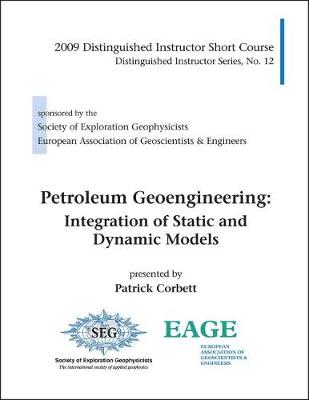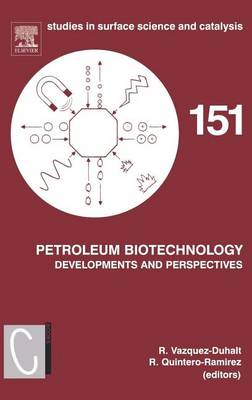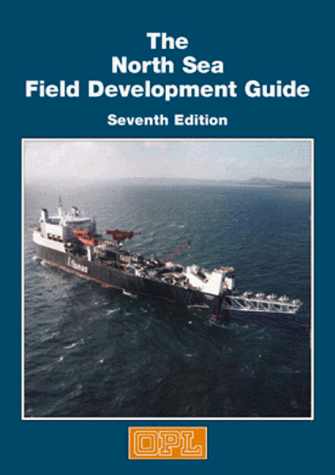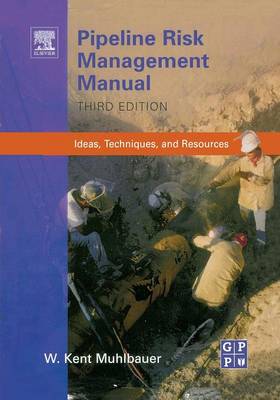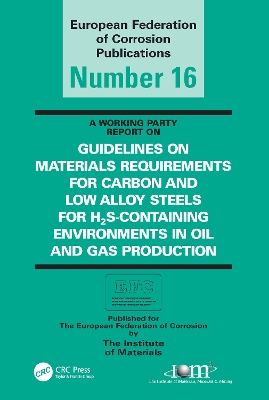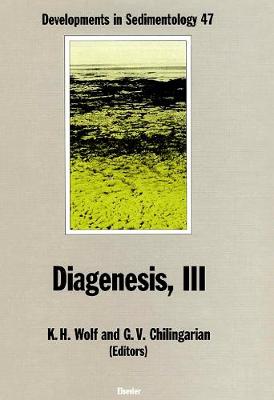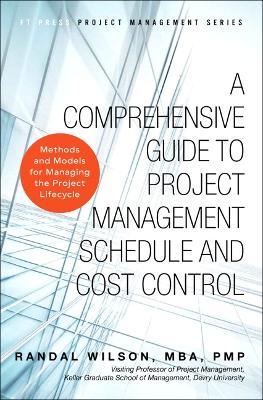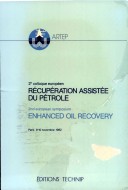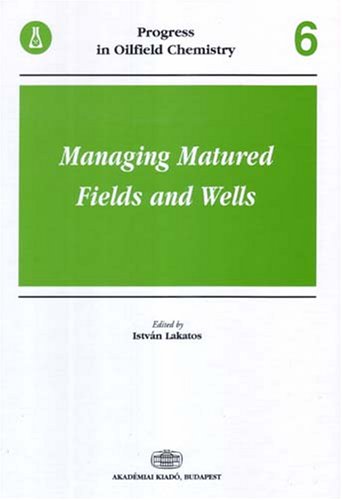Petroleum Geoengineering: Integration of Static and Dynamic Models (SEG Distinguished Instructor Series No. 12) explores improved linkage among techniques used at various scales to describe and model petroleum reservoirs. The book, which accompanies the 2009 SEG/EAGE Distinguished Instructor Short Course, is designed for a broad range of geoscientists and engineers working in the petroleum industry. The ultimate objectives are to enable technical staff members to maximize the recovery of hydroca...
Petroleum Biotechnology: Developments and Perspectives (Studies in Surface Science and Catalysis)
by Rafael Vasquez-Duhalt
World Petroleum Congress
Fundamentals of Reservoir Engineering (Developments in Petroleum Science)
by L. P. Dake
"This book is fast becoming the standard text in its field," wrote a reviewer in the Journal of Canadian Petroleum Technology soon after the first appearance of Dake's book. This prediction quickly came true: it has become the standard text and has been reprinted many times. The author's aim - to provide students and teachers with a coherent account of the basic physics of reservoir engineering - has been most successfully achieved. No prior knowledge of reservoir engineering is necessary. The m...
Enhanced Oil Technology (AIChE Symposium S.)
The North Sea Field Development Guide
Fundamentals of Oil and Gas Accounting
by Rebecca A. Gallun, John W. Stevenson, and Lynda M. Nichols
Detailed and expanded to accommodate changes in the oil and gas industry, this text is suitable for both industry and academic mediums. The new international chapter is an overview of current international oil and gas accounting and the problems that companies face in accounting for international operations. The new pipeline accounting chapter deals with accounting under the FERC rules as contrasted with GAAP accounting. This revision discusses tax accounting using the most up-to-date tax law ch...
Asphaltenes and Asphalts, 2 (Developments in Petroleum Science, 40BH) (, 40BH)
by T F Yen and G V Chilingarian
The supply of energy and raw materials has become an increasingly important topic of public debate. This book is an introduction to the energy and resources systems that influence all of our lives. The authors analyse as a system the role of energy usage in the human environment and discuss the political and economic structure involved. Mineral resources are analysed in terms of international and national systems including a section on the technologies of extraction and production. By considerin...
Here's the ideal tool if you're looking for a flexible, straightforward analysis system for your everyday design and operations decisions. This new third edition includes sections on stations, geographical information systems, "absolute" versus "relative" risks, and the latest regulatory developments. From design to day-to-day operations and maintenance, this unique volume covers every facet of pipeline risk management, arguably the most important, definitely the most hotly debated, aspect of pi...
This document defines the types of cracking and the conditions under which each can occur in carbon and low alloy steels in wet H2S-containing environments, specifies materials requirements necessary to prevent such cracking, and presents test methods for evaluating materials performance.
Diagenesis, III (Developments in Sedimentology, v. 47)
The present volume is an intellectual agglomeration covering a variety of topics in diagenesis. It starts with the diagenesis of marine pore waters and soft-sediment deformations, followed by two chapters on sandstones - one on climatic influence in terrestrial sandstone diagenesis and the other on the deep-sea volcaniclastic sandstones. Diagenesis of carbonates is treated next, with one chapter on compactional diagenesis and another devoted to a case study (Aymestry Limestone Beds, UK). There a...
Geology in Petroleum Production. Developments in Petroleum Science, Volume 20.
by A J Dikkers
Oil Fictions (AnthropoScene)
Oil, like other fossil fuels, permeates every aspect of human existence. Yet it has been largely ignored by cultural critics, especially in the context of the Global South. Seeking to make visible not only the pervasiveness of oil in society and culture but also its power, Oil Fictions stages a critical intervention that aligns with the broader goals of the energy humanities. Exploring literature and film about petroleum as a genre of world literature, Oil Fictions focuses on the ubiquity of oi...
Comprehensive Guide to Project Management Schedule and Cost Control, A
by Randal Wilson
Master all the modern project scheduling and cost control techniques you need, in one focused tutorial! Randal Wilson's Project Schedule & Cost Control isn't your typical project management guide: it's 100% focused on the specific principles, techniques, and best-practice methodologies of scheduling and cost control. Wilson illuminates key issues through the extensive use of graphs, charts, case studies, and worked examples; and calls your attention to crucial issues that "generic" PM boo...
Introduction to Engineering and Technology
by W. L. Craver, Darrell C. Schroder, and Anthony J. Tarquin
Pipelines and Risers. Elsevier Ocean Engineering Series, Volume 3
by Bai Yong
